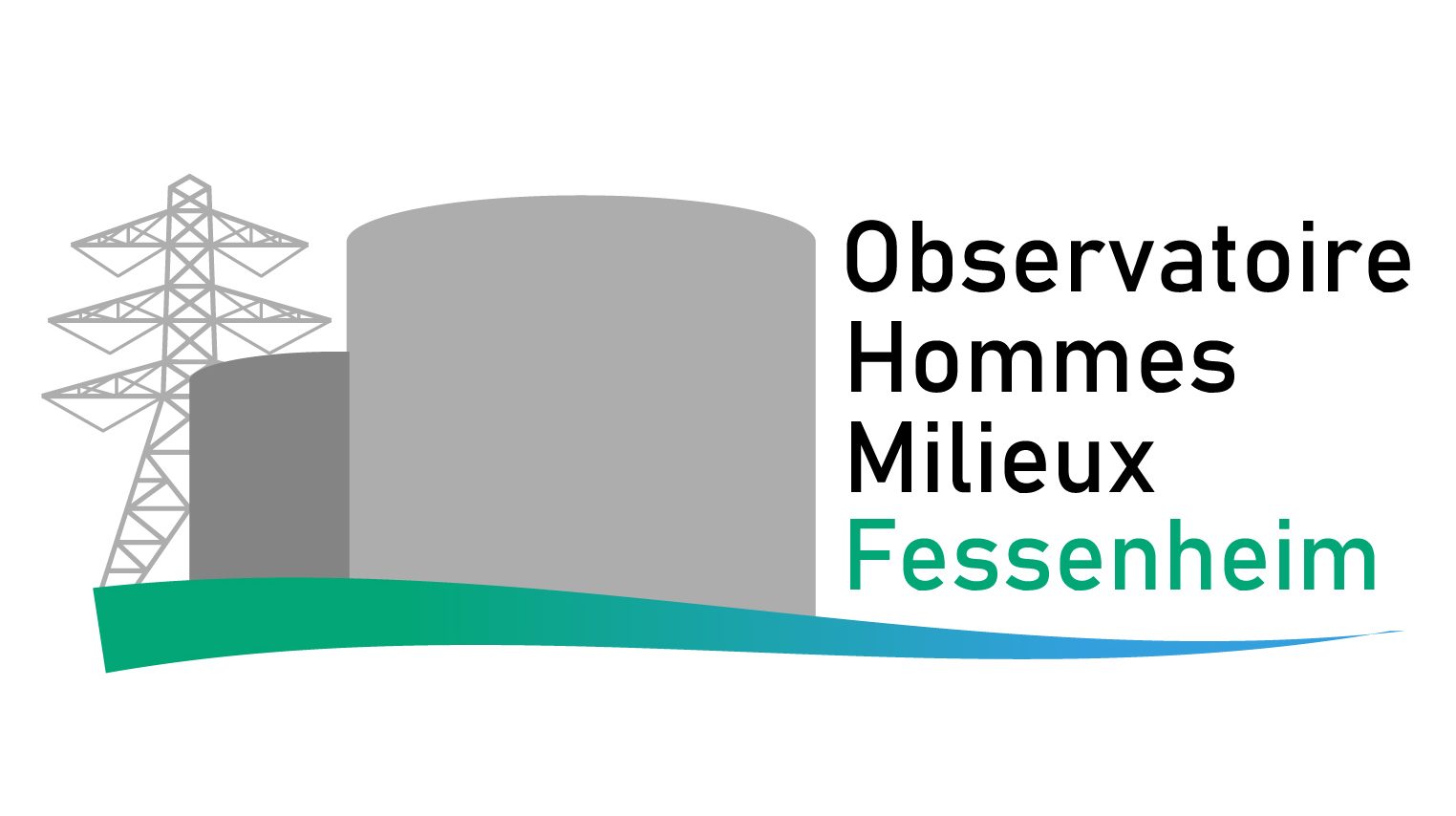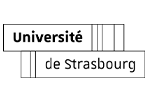Feasibility Study: Innovation Region Fessenheim
The feasibility study Innovation Region Fessenheim presents ideas for innovation pilots in the wider Fessenheim-Colmar-Freiburg region. The focus of the study is on developing a pilot innovation region that aims to attain emission neutrality and sustainability in the energy system based on innovative new technologies and promote local value addition and job creation. Based on a bilateral understanding, the feasibility study will develop a role model for cross-border European regional development. The study proposes ideas for demonstration projects particularly in the fields of “Green Batteries”, “Green Hydrogen” and “Smart Grids” and sheds light on the interlinkages and co-benefits of their potential implementation. The main idea of the feasibility study is to identify viable transformation fields for the innovation region by factoring in the total regional primary energy consumption in order to induce a transformation towards a future-oriented industry and energy market. After analyzing the regional assets of the Upper Rhine and the Fessenheim innovation region and linking them to the postulated goals of the Projet de Territoire, ideas for pilot development that fulfill the requirements of the political requests, highlighted in the Projet de Territoire, were identified. The ideas for the development of pilots as best practice examples for the region are based on four competence groups in the aforementioned technology fields of “Green Batteries”, “Green Hydrogen” and “Smart Grids”. The fourth competence group links the pilot ideas from the three technology innovation groups by framing them in a territorial context. For the acceleration of the regional transformation, the technical innovation pilots, as carriers for this transformation, are described comprehensively in the report along with information on the interlinkages between them, their technical readiness and possible timelines. Moreover, the territorial framework competence group elaborates on the constraints and opportunities in respect to economic rationality, environmental impact, legal aspects, and societal acceptability of the technical innovation ideas. For all technical innovation pilots, a detailed description in the form of pilot sheets is provided in the attachment. Finally, in the conclusion, a list of next steps for possible activities on political, societal and industrial level is provided.




